According to Pubmed reasearch, Iran is a popular destination for those seeking organ transplant in Iran, attracting people from both Western and Middle Eastern countries. The country is known for its high standards of surgery and the great proficiency of its surgeons and specialists. Many foreign patients, especially those from neighboring countries, choose to undergo medical treatment in Iran due to the experience and success of its surgeons, particularly in kidney transplants, and their education from top universities worldwide.
The advanced hospitals and clinics in Iran also make it a reasonable and affordable place for medical treatment compared to other countries. The cost of surgeries in Iran is much lower than elsewhere, making it an attractive option for those seeking treatment.
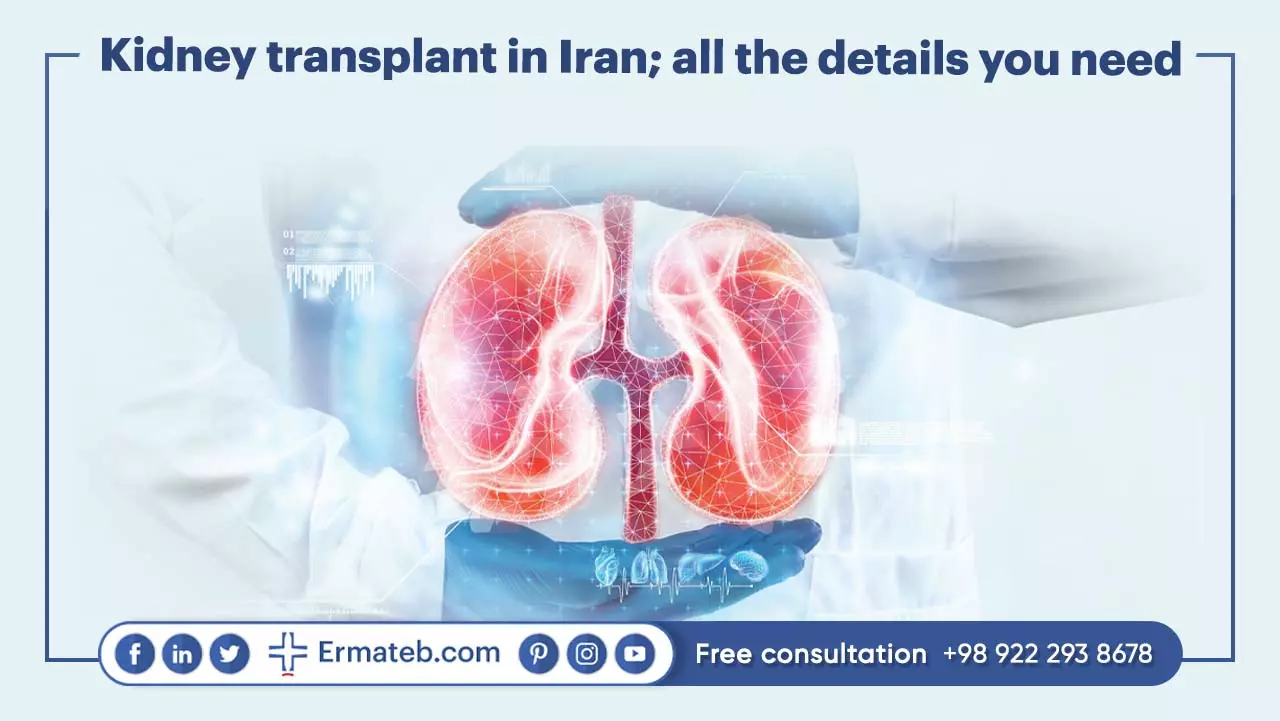
One of the most significant advantages of choosing Iran for medical treatment is the lack of waiting lists for organ transplants. Patients can receive immediate treatment without having to wait for an unknown period. Medical tourism companies can also arrange treatment at hospitals and clinics without any delays.
Ermateb, located at Iran University of Medical Sciences, is a facilitator in the medical tourism industry that helps patients with all aspects of their surgery, including visa arrangements, flight and accommodation bookings, transportation, aftercare, and other related services. Throughout the treatment duration, Ermateb ensures that patients receive the best services and enjoy their trip to Iran.
What is Cost of Kidney Transplant in Iran ?
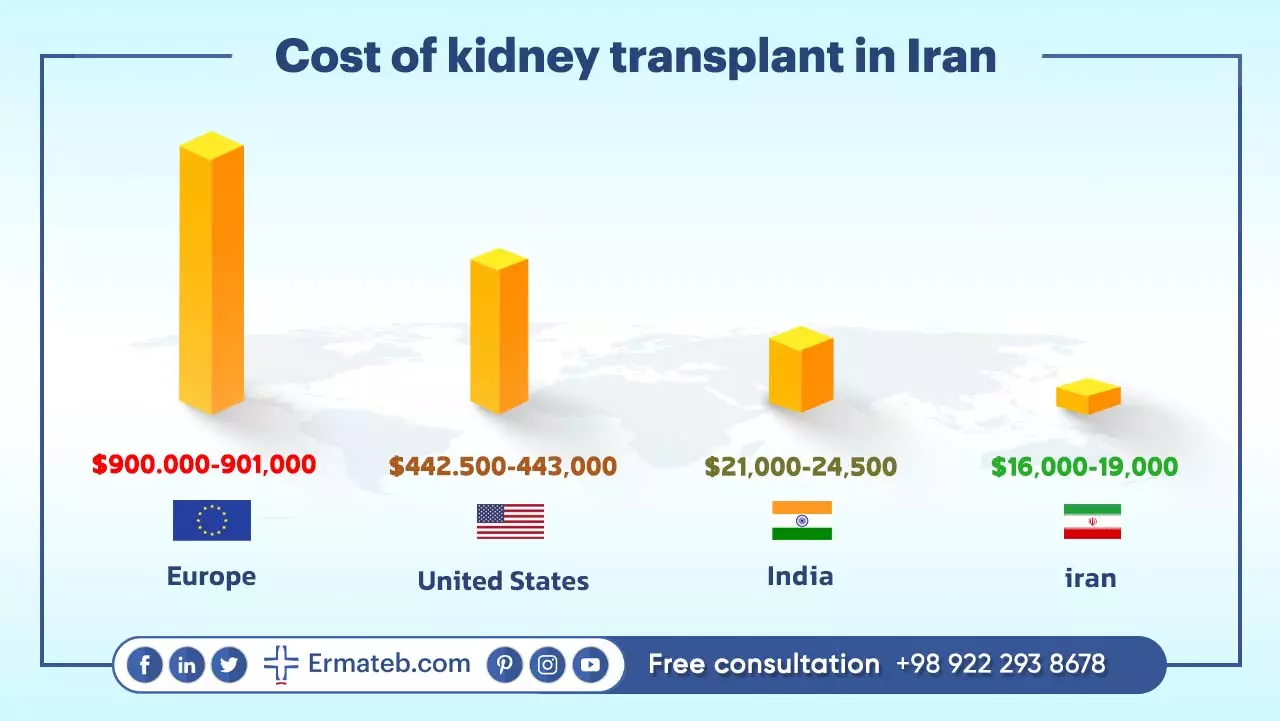
When it comes to surgeries, the cost is an important factor to consider. Unfortunately, many people cannot afford medical treatments due to high costs. However, Iran is a country where medical services are relatively cheaper compared to other countries, mainly due to the low currency exchange rate.
For instance, the cost of a kidney transplant in Iran ranges from $16,000 to $19,000, depending on the hospital or clinic you choose, your accommodation preferences, and other factors that may influence your treatment. This price is significantly lower than in other countries such as the United States, where the same procedure can cost up to $443,000, or India, where you would have to pay between $21,000 to $24,000. In Europe, the cost would be as high as $901,000.
Choosing Iran for your kidney transplant surgery can save you a lot of money while ensuring that you receive the latest technology and techniques. If you want to know the exact cost of the procedure, please contact us, and we will be happy to assist you.
Who is eligible for a kidney transplant in Iran?
If your kidneys have lost their function, kidney surgery may be the best option for you as it can eliminate the need for dialysis. However, you should consider that the benefits of this surgery should outweigh its risks. You may be eligible for the surgery if you have long-term kidney disease, are well enough to cope with the major operation, and able to take the daily medications required following a kidney transplant, such as immunosuppressant medicines.
Not everyone is a good candidate for this surgery. Factors that may make you ineligible for the surgery include being older than 70 years, having active cancers, infections, or any other serious illnesses, having intense lung, heart, or liver issues, having a history of non-compliance with medical treatments, or having social or psychological problems that can interfere with aftercare.
Therefore, if you are considering undergoing this surgery, it's important to consult your doctor and discuss your condition in detail. Your doctor will assess your condition and determine if you are eligible for the operation.
Is There a Waiting List for Kidney transplant in Iran?
Currently, Iran is the only country with no renal transplant waiting lists, and> 50% of patients with end-stage renal disease have functioning grafts. In April 2000, the legislation was passed by parliament accepting brain death and allowing deceased-donor organ transplantation.
Which hospital in Iran is best for kidney transplant?
In Iran, there is a high level of medical knowledge and expertise in kidney transplant surgery ( Also best kidney transplant surgeons are in Iran ), with many hospitals providing this service. However, only a limited number of these hospitals have modern and innovative facilities. Farhikhtegan Hospital is one of the newest and highest quality hospitals in Iran, equipped with the latest medical equipment in the world. It has become one of the most important centers for kidney transplant surgeries in Iran, thanks to its highly qualified medical staff and specialized inpatient transplant departments. Other notable hospitals that offer kidney transplant services include Labafi Nejad and Imam Khomeini. The majority of patients who undergo kidney transplant surgeries with Armatab Group are treated at Farhikhtegan Hospital.
Can a foreigner get a kidney transplant in Iran?
In Iran, the regulations for renal transplantation are not as strict as in other countries. The donor and the recipient must be of the same nationality to be eligible for a transplant. It is illegal to donate a kidney to a person of a different nationality, as this would be considered organ trafficking.
Can I receive a kidney transplant in Iran from a non-relative?
Unlike many countries, in Iran you do not need to receive your kidney transplant only from your family. You can receive a kidney from non-relatives and anyone of the same nationality.
How many days should I stay in Iran for kidney transplant?
After the kidney transplant surgery, the recipient is required to stay in the hospital for 10 days, while the donor must remain there for 4 days. However, before the transplant, a series of medical tests are conducted to ensure the overall health of the body and legal formalities are completed. Due to these procedures, the patient is advised to stay in Iran for around 30 days.
The Success Rate of Kidney Transplant in Iran
Kidney transplantation is generally considered better than dialysis because it offers a higher quality of life and better survival rates. However, the long waiting times for compatible donors have been a significant challenge. Iran has a unique program that has effectively addressed this issue by allowing living unrelated donors to donate kidneys, saving lives while patients await compatible donors.
Advancements in kidney transplants have significantly improved outcomes in recent decades. Thanks to better surgical techniques, an improved understanding of the immune system, and enhanced treatments, success rates have increased. It is essential to have skilled medical teams and specialized centers overseeing the process and long-term care to ensure success.
Iran has excelled in kidney transplantation, boasting an impressive 99% survival rate after one year and 94% after five years. The country performs 24 kidney transplants per million people, far exceeding both developing and developed nations. Iran's success is attributed to its allowance of living kidney donations, which account for 80% of transplants, a practice that is restricted elsewhere.
Iran's reputation as a global leader in kidney transplantation attracts patients worldwide who seek its expertise, affordability, and high success rates. The country's legacy in this field embodies expertise, accessibility, and unparalleled success, drawing patients from around the world in search of improved health and well-being.
Eligibility Criteria for Non-Iranian Tourists Seeking Kidney Transplant in Iran
To undergo kidney transplantation in Iran, non-Iranian tourists must meet specific medical conditions for both the patient and the living donor.
Patient Condition
For the patient, evidence and medical records regarding kidney function are mandatory, including assessments of renal failure such as GFR (<10-15), chronic hypertension, serum creatinine level (>12mg/dL), BUN level (>40 mg/dL), and proteinuria (>3g in 24 hours). Additionally, a comprehensive medical report must document the initiation time, number, and duration of dialysis sessions, as well as a comprehensive cardiovascular history, presence of diabetes, and other underlying conditions. An ultrasound report of the kidney and urinary tract is also required.
Donor Conditions
As for the donor, they must be alive and can be a family member (parent, child, brother, or sister) for a living-related donation or someone emotionally connected to the patient (close friend, spouse, or in-law) for a living unrelated donation. A genetic connection between the donor and recipient is no longer a prerequisite for a successful transplant due to advancements in medications. Essential conditions for the donor include good general health, non-smoking, abstinence from alcohol, and the absence of specific diseases. Clinical criteria encompass a weight under 70 kg, no history of kidney disease (including stones or infection), and an age under 40 years.
Legal Procedures for Non-Iranian Tourists Seeking Kidney Transplants in Iran
If non-Iranian tourists wish to undergo kidney transplants in Iran, they need to follow specific legal conditions. The process involves submitting the necessary patient documents online for kidney transplant approval. After this, both the patient and the donor need to visit the Iranian embassy in their respective countries to verify their relationship. Valid passports are a must for this visit.
In addition, the donor and the patient must submit a written mutual commitment to the embassy, which explicitly states that there are no financial transactions between them regarding the kidney transplant surgery in Iran. Before traveling to Iran, the commitment form, along with scanned passport photos, should be emailed to Iran. Once the surgery schedule is determined, the patient and the donor can proceed with their travel arrangements to Iran.
What are the benefits and drawbacks of having a kidney transplant?
Kidney transplant, like any other surgery, has both advantages and disadvantages.
Advantages:
1. It can greatly enhance a person’s quality of life.
2. It can restore normal kidney function, which eliminates the need for dialysis, a costly, time-consuming, and restrictive treatment.
3. It can improve the mental and physical health of patients with ESRD (End-Stage Renal Disease).
4. It can provide patients with more energy, better sexual function, fewer dietary restrictions, and increased fertility.
5. It can decrease the risk of certain side effects associated with ESRD, such as bone disease, infections, anemia, and cardiovascular disease.
Disadvantages:
1. There are some risks associated with the surgery, including bleeding, rejection, blood clots, or graft failure. Some of these risks may require additional surgery or medications.
2. Patients must take immunosuppressive medications for the rest of their lives to prevent the body from attacking the new kidney. These medications can have serious complications, such as cancer, diabetes, the risk of infections, high cholesterol, high blood pressure, or osteoporosis.
3. Kidney transplant may not be appropriate for everyone with ESRD. Some individuals may have certain medical conditions, such as heart problems, which make them unsuitable candidates for a transplant.
4. Some patients may have difficulty finding a compatible donor or a transplant center.
5. The surgery can place a strain on the lungs or heart.
If you are concerned about the disadvantages, you should talk to your doctor, who will inform you of any possible risks associated with the operation.
Preparing for Kidney Transplant in Iran: Important Pre-Procedure Steps
If you're planning to undergo kidney transplant surgery in Iran, there are some important pre-procedure steps that you need to complete for optimal preparation and a successful outcome. These preoperative steps are outlined below:
1. Organ Donation Network Registration:
Register on the Organ Donation Network’s waiting list to receive a kidney from a non-living donor.
2. Transplant Team Evaluation:
You'll undergo a comprehensive evaluation by a transplant team that includes a surgeon, nephrologist, nurses, social worker, and mental health professionals. This evaluation will examine your medical history, psychological and social status, stress, financial issues, and support system.
3. Donor Compatibility Assessment:
Blood tests will be conducted to determine your compatibility and prioritize patients on the waiting list. If you're receiving a kidney from a living donor, a mental health assessment will be done to ensure autonomous decision-making.
4. Medical Approval Process:
You'll undergo a full physical checkup, including dental, cardio, ENT, gastroenterology, and renal assessments. These tests usually take 12 to 14 working days, with possible extensions for addressing identified issues.
5. Legal Approval Process:
You'll need to obtain the necessary permits from relevant Iranian government bodies. Your identity and nationality will be authenticated by the embassy, with final approval from the Ministry of Health, which takes 7 to 10 working days.
6. Dialysis Preparation:
You'll need to continue dialysis as per the previous schedule during the transplant preparation period. You'll also require a negative Hepatitis and HIV test result for dialysis, which can be obtained in your home country or upon arrival in Iran.
7. Compatibility Factors:
Donor-recipient compatibility is determined by considering blood type, tissue group, and other additional tests. Matching involves genetic markers and compatibility testing in the laboratory.
8. Preparation for Surgery:
You'll have a consultation with the transplant team to discuss your medical records, procedures, and hospitalization. You'll also need to sign a consent form permitting medical procedures.
9. Additional Tests:
You may need to undergo blood tests, CT scans, and MRIs to find a perfect match and prepare for surgery.
10. Fasting and Sedation:
If you're undergoing a planned live transplant, you'll need to fast for 8 hours before surgery. Sedation may be prescribed to calm you before the surgery.
11. Communication of Health Issues:
Inform the medical team about any other health issues you may have for proper anesthesia considerations.
What Happens During the Kidney Transplant Procedure ?
Performing a kidney transplant in Iran involves a series of meticulous steps aimed at ensuring the success of the procedure and the well-being of both the recipient and the donor. The process is outlined as follows:
Preparation and Consent:
The transplant team provides a detailed explanation of the kidney transplant procedure, addressing any queries the patient may have. Signing a consent form is mandatory, granting permission for the medical team to perform the surgery. Patients are encouraged to thoroughly review the form and seek clarification if needed.
Dialysis and Fasting:
Patients who have undergone regular dialysis before the visit continue the process before the operation. For the recipients of kidneys from live donors, an eight-hour fasting period is observed before surgery. In cases involving kidneys from deceased donors, fasting begins on awareness of kidney availability.
Sedation and Medical History:
Sedation may be administered before the surgery to keep the patient calm. The transplant team may inquire about specific medical history details tailored to the individual patient’s condition.
Surgical Process:
The kidney transplant surgery in Iran typically takes place in a hospital setting, employing various methods based on the medical team and the patient’s condition. General steps of the procedure include the patient donning hospital gowns, insertion of IV lines and catheters for monitoring vital signs, and the shaving of excess hair in the surgical area.
Anesthesia and Incision:
Full anesthesia is administered, and the patient’s lungs are ventilated through a tube during the operation. A surgical incision is made in the lower abdomen and on one side of the body, followed by the attachment of a urinary catheter to the bladder.
Donated Kidney Placement:
The donated kidney is placed inside the patient’s abdomen, with specific positioning based on whether it is from the left or right side of the donor’s body. The renal artery and vein of the donated kidney are connected to the external iliac artery.
Ureter Connection and Closure:
The ureter of the transplanted kidney is attached to the patient’s bladder. Closure of the patient’s incision is performed using either staples or sutures.
Post-Surgery Measures:
A drain tube may be placed to prevent fluid accumulation and swelling in the wound area. A sterile bandage is applied to the wound, ensuring careful and secure bandaging.
This meticulous and well-orchestrated process ensures the success of kidney transplant surgeries in Iran, with an emphasis on patient comfort and optimal medical care. The procedures align with international standards, and the availability of top-notch hospitals and facilities in Iran contributes to the overall positive outcomes of these surgeries.
Pediatric Kidney Transplants in Iran: Providing Hope for Young Lives
In the field of kidney transplantation for infants and children, there is a ray of hope. The causes of kidney failure in young patients, ranging from congenital anomalies to genetic disorders, highlight the urgent need for innovative solutions.
Chronic kidney failure is a silent but dangerous condition that is difficult to detect in its early stages. Children with rapidly progressive renal failure may experience subtle yet significant symptoms such as diminished urine output, paleness, weakness, loss of appetite, vomiting, and swelling of the face and legs, as well as shortness of breath. Chronic kidney failure can also stunt the growth of these young individuals.
The first year after a kidney transplant is crucial for young patients. Children who undergo kidney transplantation not only survive, but they also thrive and achieve academic and athletic milestones once again.
Contrary to popular belief, pediatric kidney transplants don't need to come from age-matched donors. Adult kidneys can be successfully transplanted into young recipients, with particularly positive outcomes in infants.
The Iran Surgery Center is a shining example of medical excellence, specializing in liver and kidney transplant surgeries for infants and children. They have achieved a remarkable 100% success rate in pediatric kidney transplantation, providing not just survival but also a renewed chance for a healthy and vibrant future for these resilient young souls.
The Recovery Process of Kidney Transplant in Iran
The recovery process for a kidney transplant in Iran typically lasts between 3 to 6 weeks, but it can vary depending on the patient's health, any side effects they may experience, or the type of donor kidney used. After the procedure, patients will usually stay at the hospital for around 4 to 5 days. During this time, doctors will monitor vital signs, urine output, blood tests, and kidney function. In some cases, patients may need to undergo dialysis until the new kidney starts working. This process can take several days or even weeks.
To prevent the immune system from rejecting the new kidney, patients need to take immunosuppressive medications on a permanent basis. However, these drugs can have side effects such as high blood pressure, diabetes, high cholesterol, cancers, or osteoporosis.
After surgery, patients must follow their doctor's instructions on how to take their medications. If they experience any signs or symptoms of infection or rejection, they should immediately contact their doctor.
Patients should avoid driving for at least 6 to 7 weeks following the procedure as it may damage the wound or cause bleeding. Additionally, they should avoid lifting heavy objects for around 6 to 8 weeks. Once they feel better, they can resume physical activities to aid in the healing process and improve overall health. Patients should consult their doctor before starting any new activity or exercise.
Following a healthy diet and lifestyle can help maintain kidney function and prevent side effects. Patients should limit their intake of salt, sugar, fat, and protein, and eat more fruits, vegetables, lean meats, and whole grains. They should also manage their weight, blood sugar, blood pressure, and cholesterol levels while drinking plenty of fluids and avoiding tobacco and alcohol.
Patients will need to undergo regular check-ups and tests following the operation. They should visit their doctor at least once a month for a year after the procedure. The most important thing to remember during the recovery process is to be patient. Recovery can be difficult for many patients, and it may take several months to see desired results. Therefore, it is important to remain patient and wait until the donated kidney is working properly and the patient has fully healed.
Risks and Side Effects of Kidney Transplant
Some of the common risks and side effects of kidney operation are:
1. Blood Clots:
Blood clots usually happen in around 1 in 40 kidney transplants. It can be treated using certain medicines, but it is necessary to eliminate the transplanted kidney if the blood supply is blocked. Blood clots can happen in the legs, and this is called DVT, which stands for deep vein thrombosis.
2. Blocked Ureter:
The ureter may be blocked after the procedure. It may also be blocked months or years later after the operation due to scar tissue. It may be possible for the ureter to unblock by draining it with a catheter (a small tube). In some cases, surgery may be needed to unblock the ureter.
3. Narrowing of an Artery:
It sometimes happens following a kidney transplant. It may cause a rise in blood pressure. The artery often requires it to be stretched to widen it, and a stent (a small metal tube) will be placed inside the affected artery.
4. Urine Leakage:
It can happen during the first month after a kidney transplant. The fluid builds up in the abdomen and causes swelling and pain. It can dissolve by repairing the leak with operation or by draining the fluid with a catheter.
5. Graft Failure:
This is when the new kidney stops working and can’t be saved. Graft failure can occur for many reasons. Some reasons may be infection, blood clots, rejection, or other side effects. Graft failure can happen at any time following the procedure, but more happens in the first year. If graft failure happens, the patient will be required to go back on dialysis or have another kidney transplant.
6. Infection:
Infections such as colds, flu, urinary tract infections, pneumonia, or CMV (cytomegalovirus). They may need medication or hospital treatment.
7. Rejection:
There are two types of kidney rejection: chronic and acute. Chronic rejection usually happens when the immune system slowly damages the new kidney over a few months and causes loss of function and scarring. Acute rejection occurs when the immune system suddenly attacks the new kidney and causes damage and inflammation. Rejection can be recognized by blood tests, biopsies, or urine tests. It will be treated by adjusting the dose of immunosuppressive medicines or by giving additional medicines to suppress the immune system.
We should know that not every patient experiences such problems. Most patients don’t experience all of the side effects of organ transplant operations. The patient should follow the doctor’s advice and take care of their new kidney.


 Arabic
Arabic
 German
German
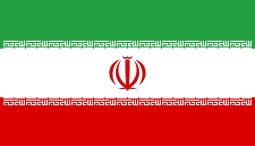 Persian (Farsi)
Persian (Farsi)
 Russian
Russian
 Beauty
Beauty



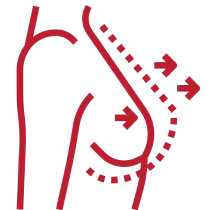
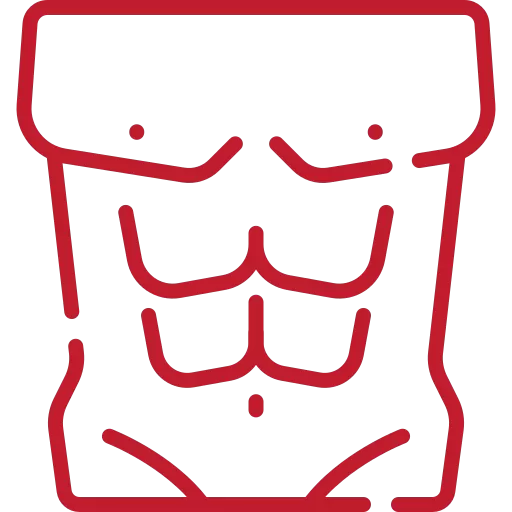
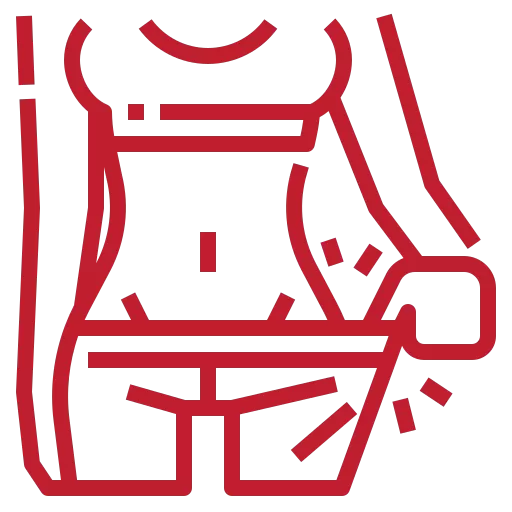
 Medical
Medical





 Hotels
Hotels
 Hospitals
Hospitals








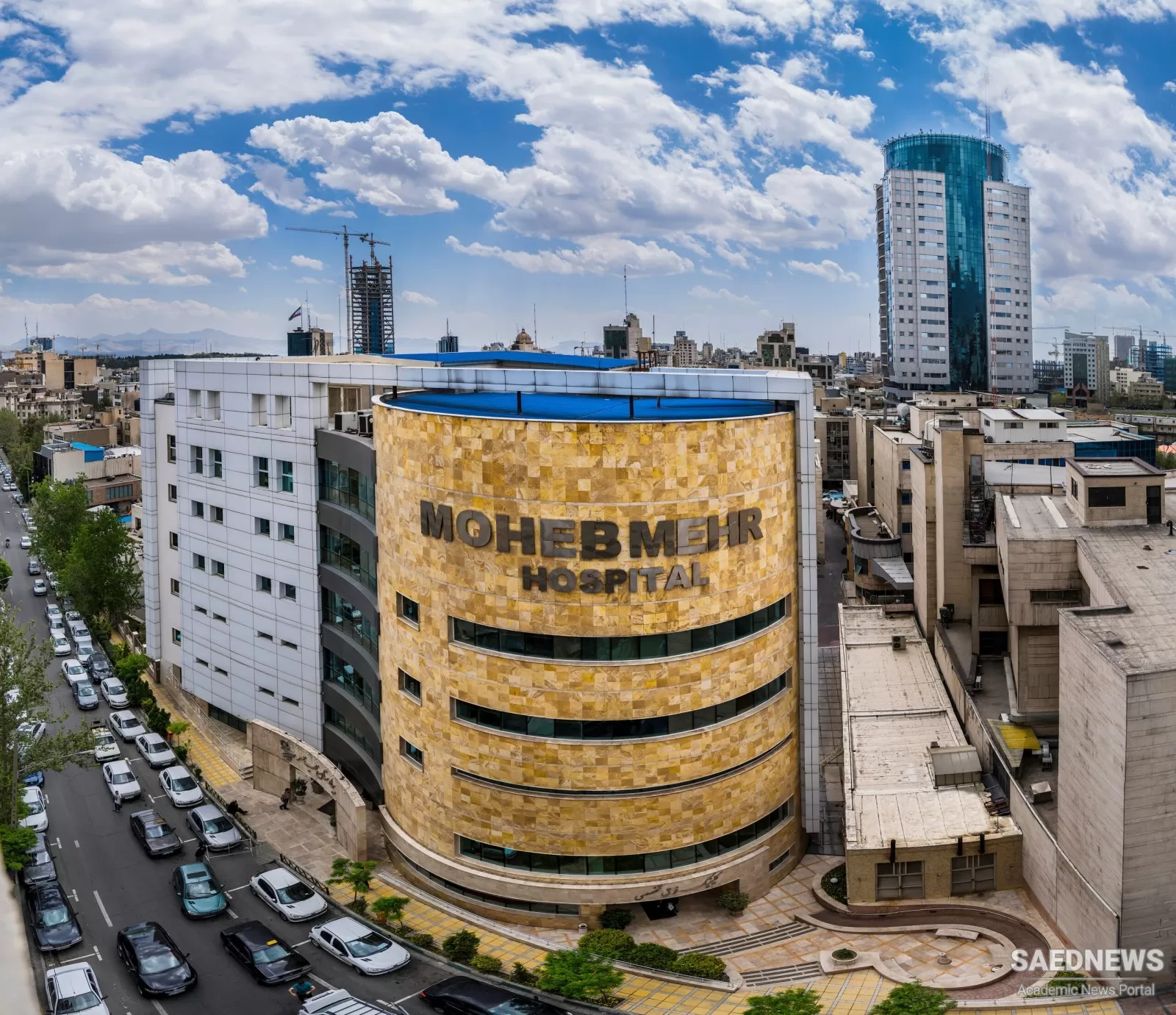
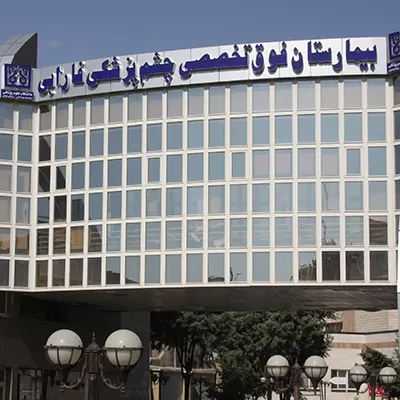
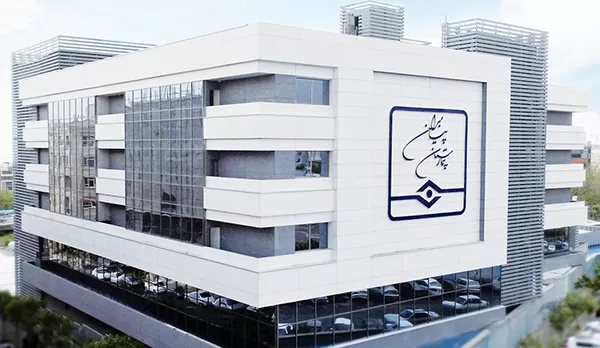
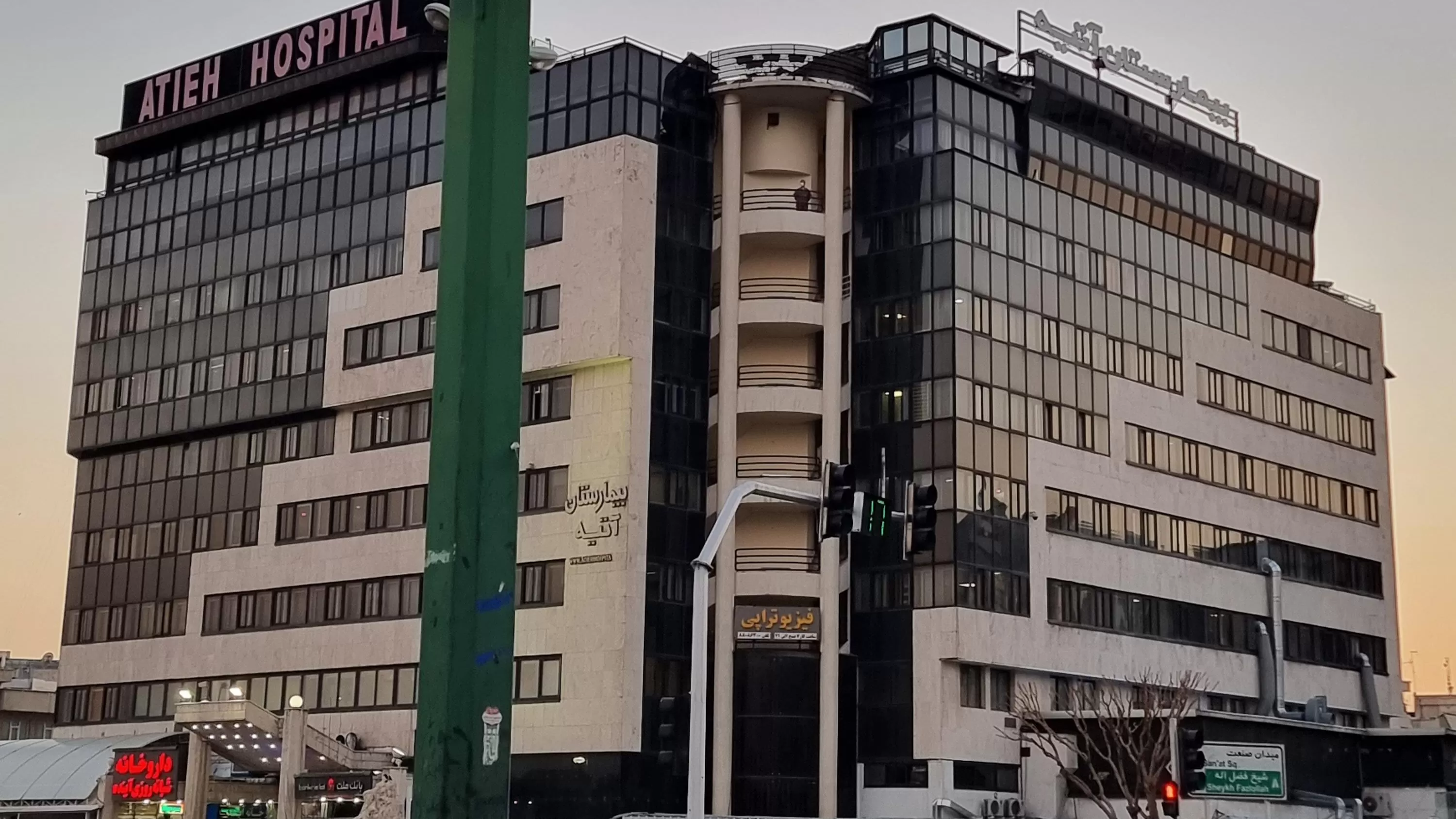
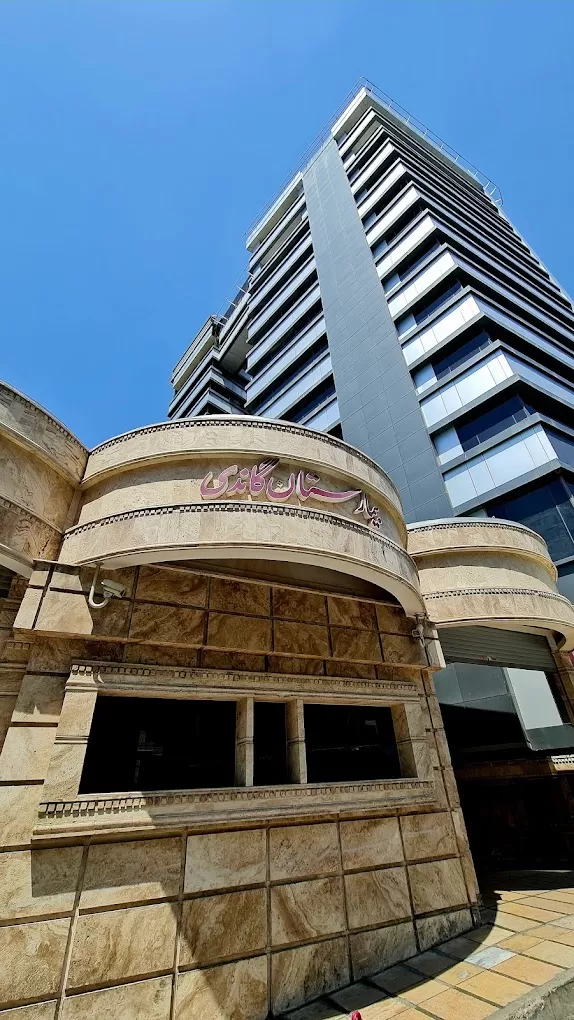
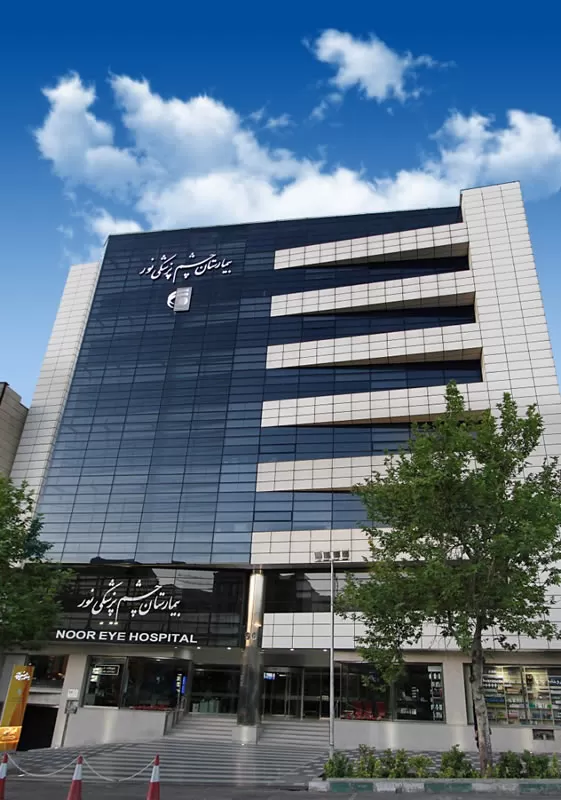
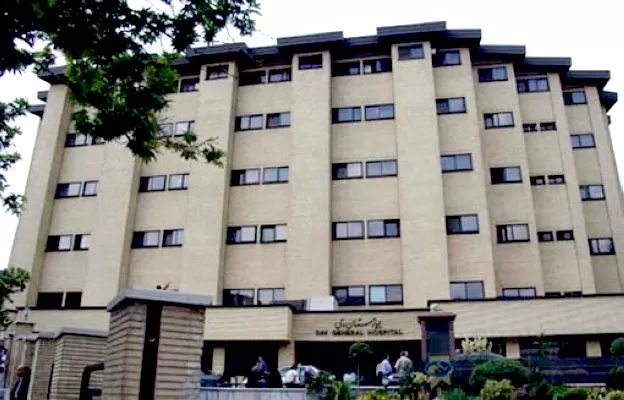
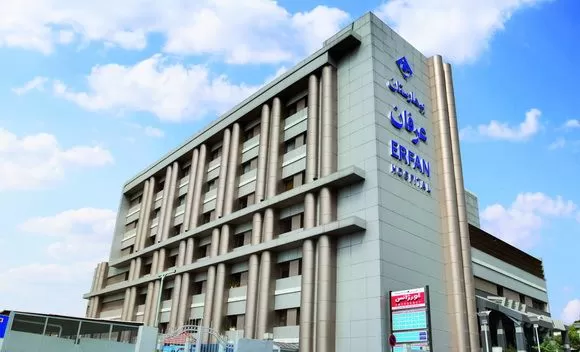
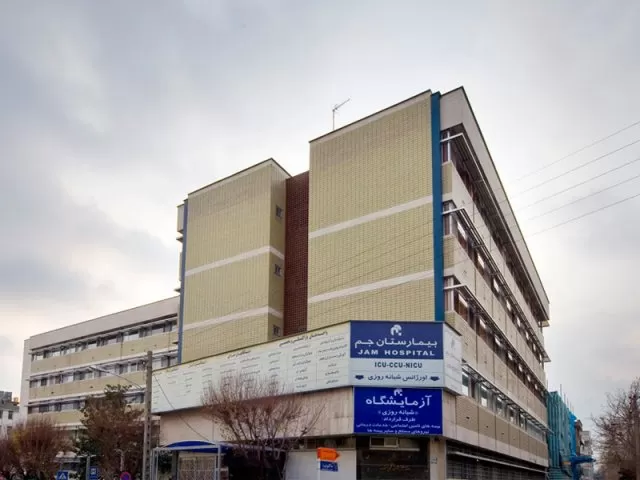
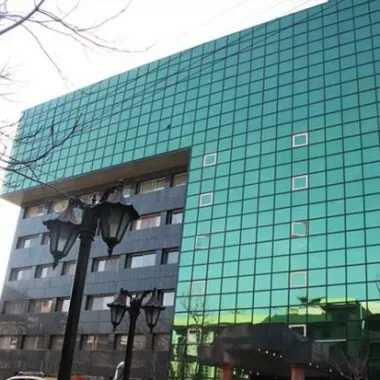
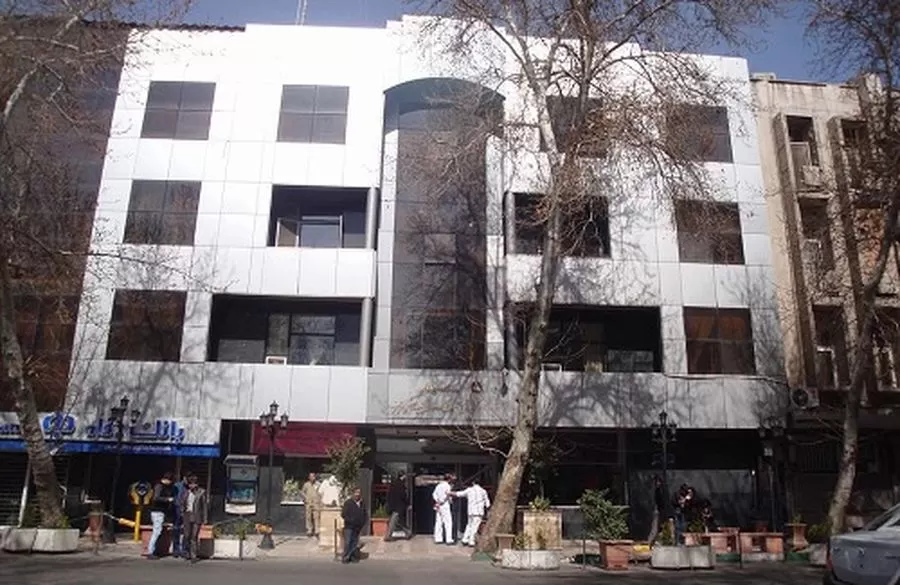
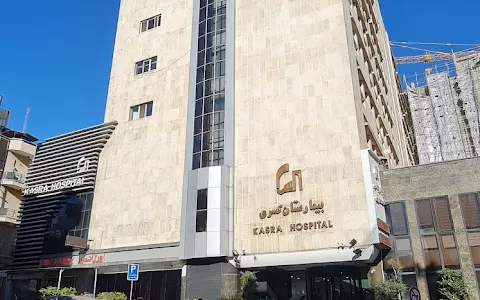
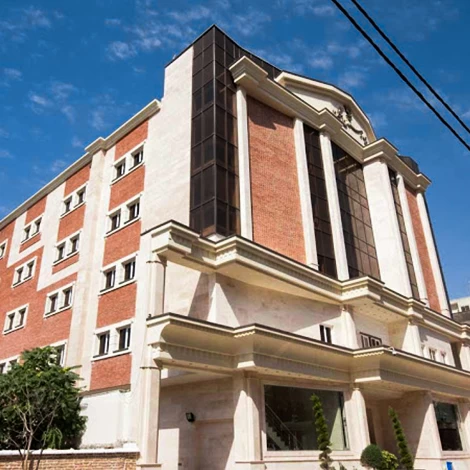
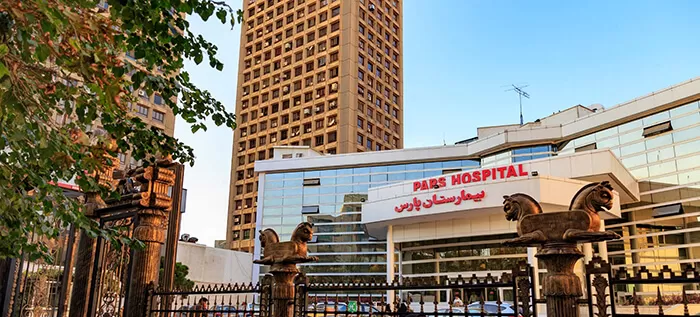
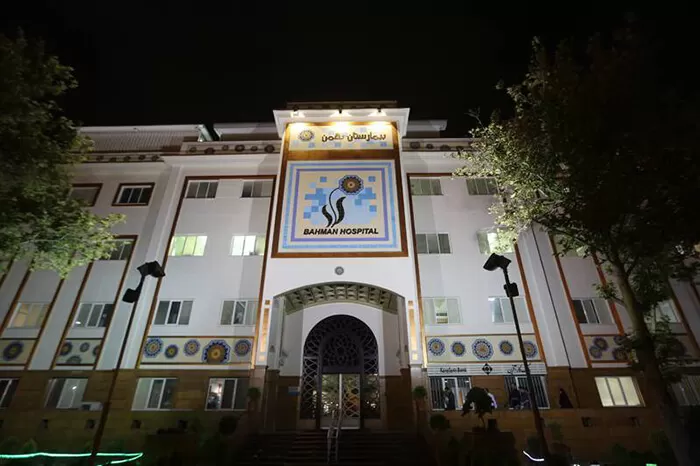
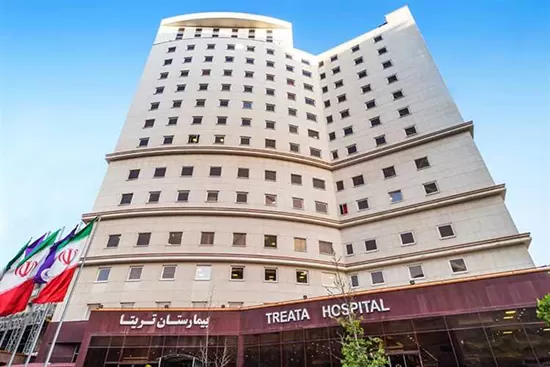
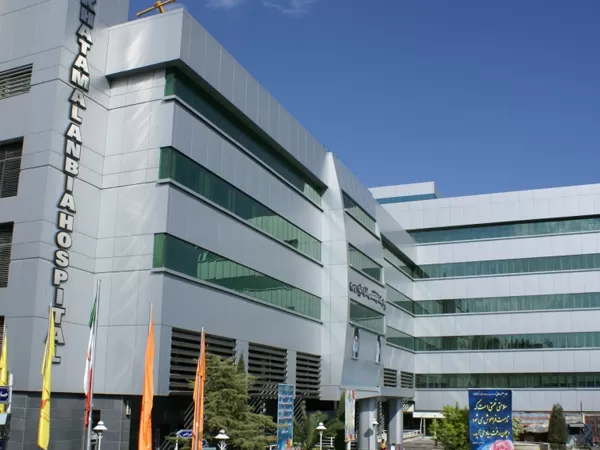
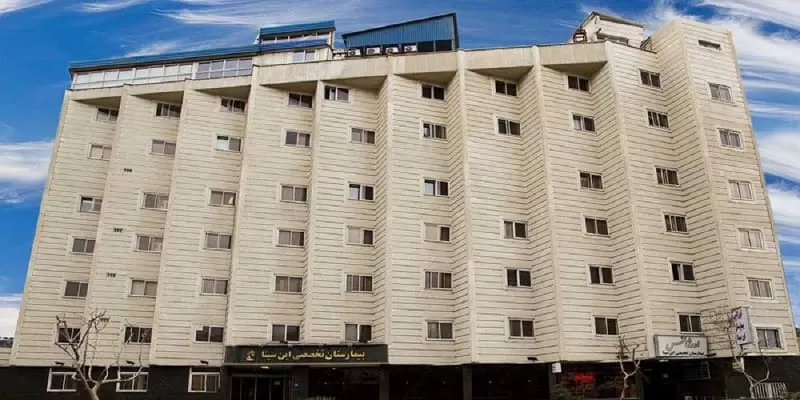
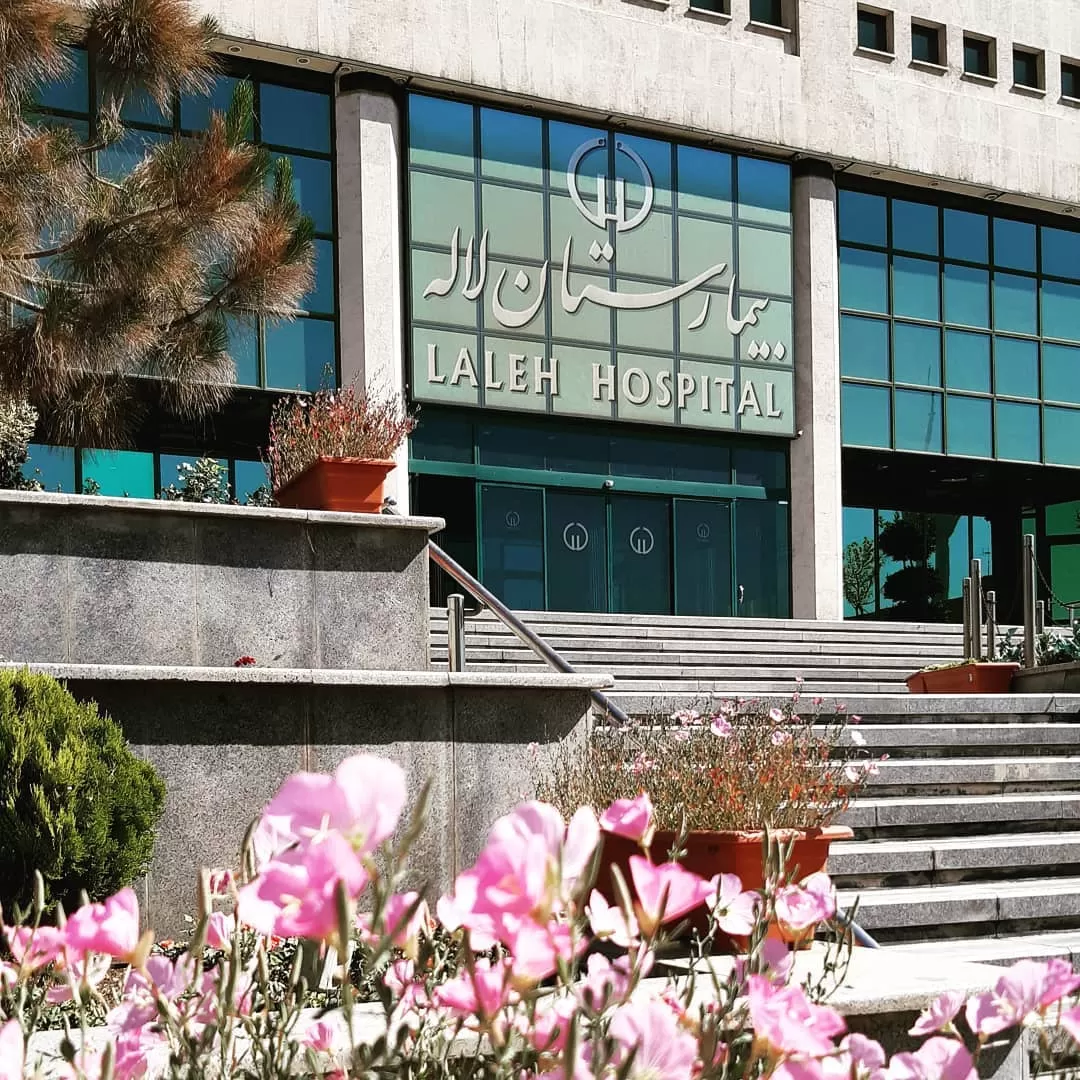
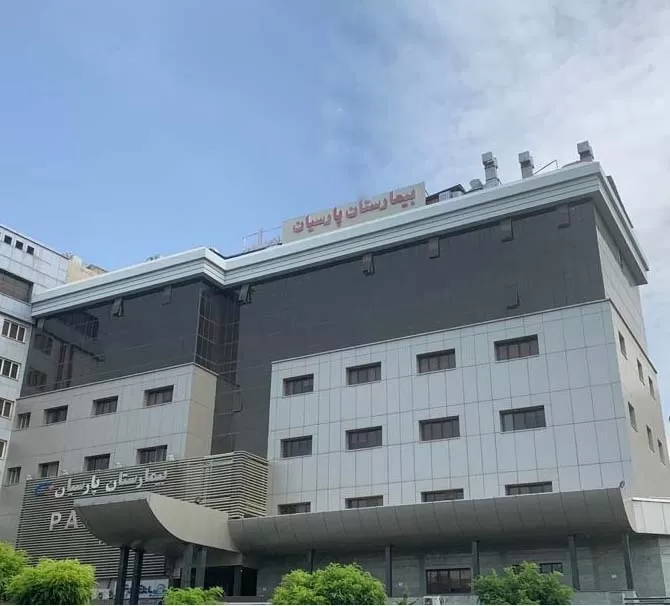
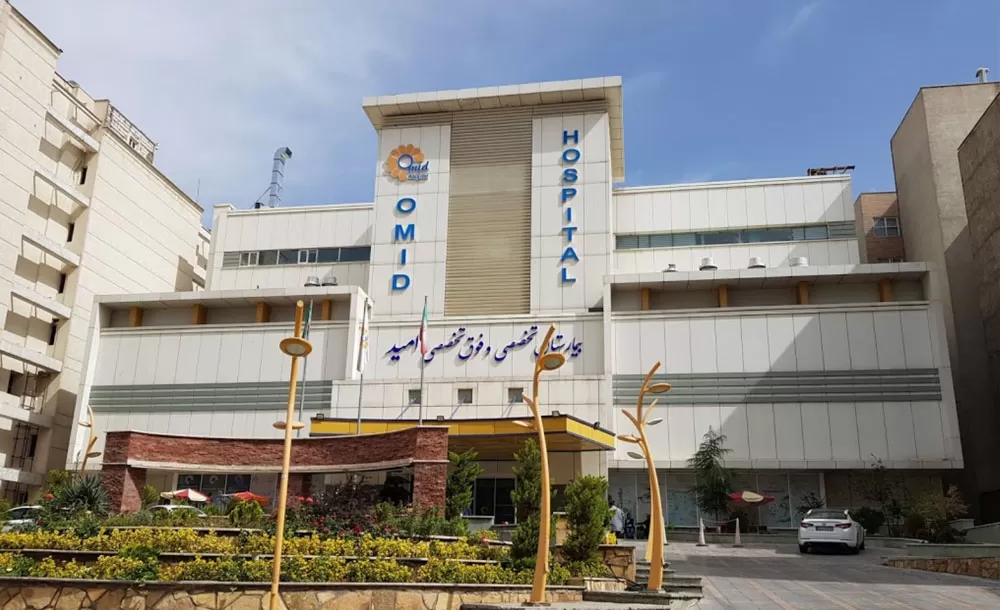
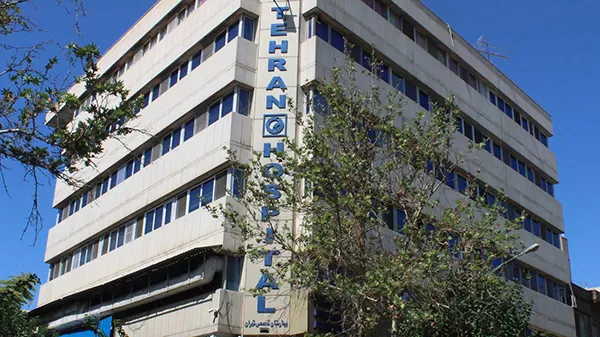

![Frequently asked question about [name]](/v2tem/images/pages/service/faq-image.webp)
